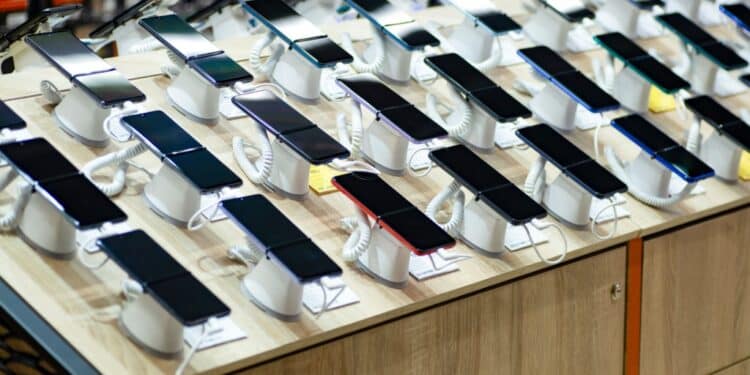Miami-based telecommunications carrier TracFone Wireless Inc. will pay $13.4 million to settle allegations that it violated the False Claims Act. The settlement resolves a qui tam, or whistleblower, lawsuit, which was filed by Farrell Gordon. Gordon will receive $462,500 as a whistleblower award.
The qui tam provisions of the False Claims Act enables private citizens to file lawsuits on behalf of the government if they know of an individual or company defrauding the government. Qui tam whistleblowers are eligible to receive between 15 and 30% of the government’s recovery, if one occurs.
According to the April 4 press release, the U.S. government alleged that between 2012 and 2015, TracFone “impermissibly signed up more than 175,000 subscribers” who were ineligible for the Federal Communications Commission’s (FCC) Lifeline Program. Lifeline, established in the Telecommunications Act of 1996, “provides nearly $2 billion each year to assist low-income consumers with their telecommunications needs. In many cases, this consists of a free cell phone (provided by the carrier) and free monthly cell phone service (provided by the government).” An individual’s “income must be at or below 135% of the Federal Poverty Guidelines” or they “must receive benefits from certain specified federal assistance programs” in order to qualify for Lifeline.
Allegedly, TracFone “hired independent third-party sales agents, including agents hired by Elite Promotional Marketing Inc. (Elite), to enroll” customers who were ineligible for Lifeline. The sales agents “learned that TracFone’s computer software contained a glitch that allowed ineligible persons to enroll in Lifeline. Some agents in Florida then exploited the glitch to increase their consumer enrollments and commission payments.”
According to the government’s allegations, TracFone “failed to adequately review the applications and did not properly investigate reports of clearly ineligible subscribers enrolled in the program that would have revealed the glitch.” TracFone discovered the glitch in August of 2015, and the press release states that the company “repaid more than $10.9 million to Lifeline, an amount that was credited as part of the $13.4 million settlement.”
The case stemmed from a qui tam lawsuit filed by Farrell Gordon, who worked as a Lifeline sales representative at Elite. “Elite previously settled with the United States for $95,000 based on ability to pay,” the press release reports.
“Lifeline providers have a duty to ensure that only eligible subscribers are enrolled in the Lifeline Program,” said Deputy Assistant Attorney General Michael D. Granston of the Civil Division’s Commercial Litigation Branch. “Today’s settlement demonstrates our commitment to ensure that those participating in government funded programs exercise appropriate vigilance to prevent the misuse of taxpayer dollars.”
The False Claims Act in 2021
The DOJ released data from Fiscal Year 2021 about the False Claims Act and reported that whistleblowers helped the DOJ recover $1.6 billion in settlements during the past fiscal year.
However, “the DOJ only paid out $237 million to whistleblowers, the lowest single-year total since FY 2008,” WNN reports. Whistleblower attorney Stephen M. Kohn said that the FY 2021 totals “reflect a troubling trend in recent years…The DOJ has begun to treat whistleblowers like second-class citizens. It routinely throws out strong whistleblower cases without just cause. While the SEC and CFTC are making great strides forward with their whistleblower programs, the Justice Department is in reverse.” Read the full article about the False Claims Act in FY 2021 here.




